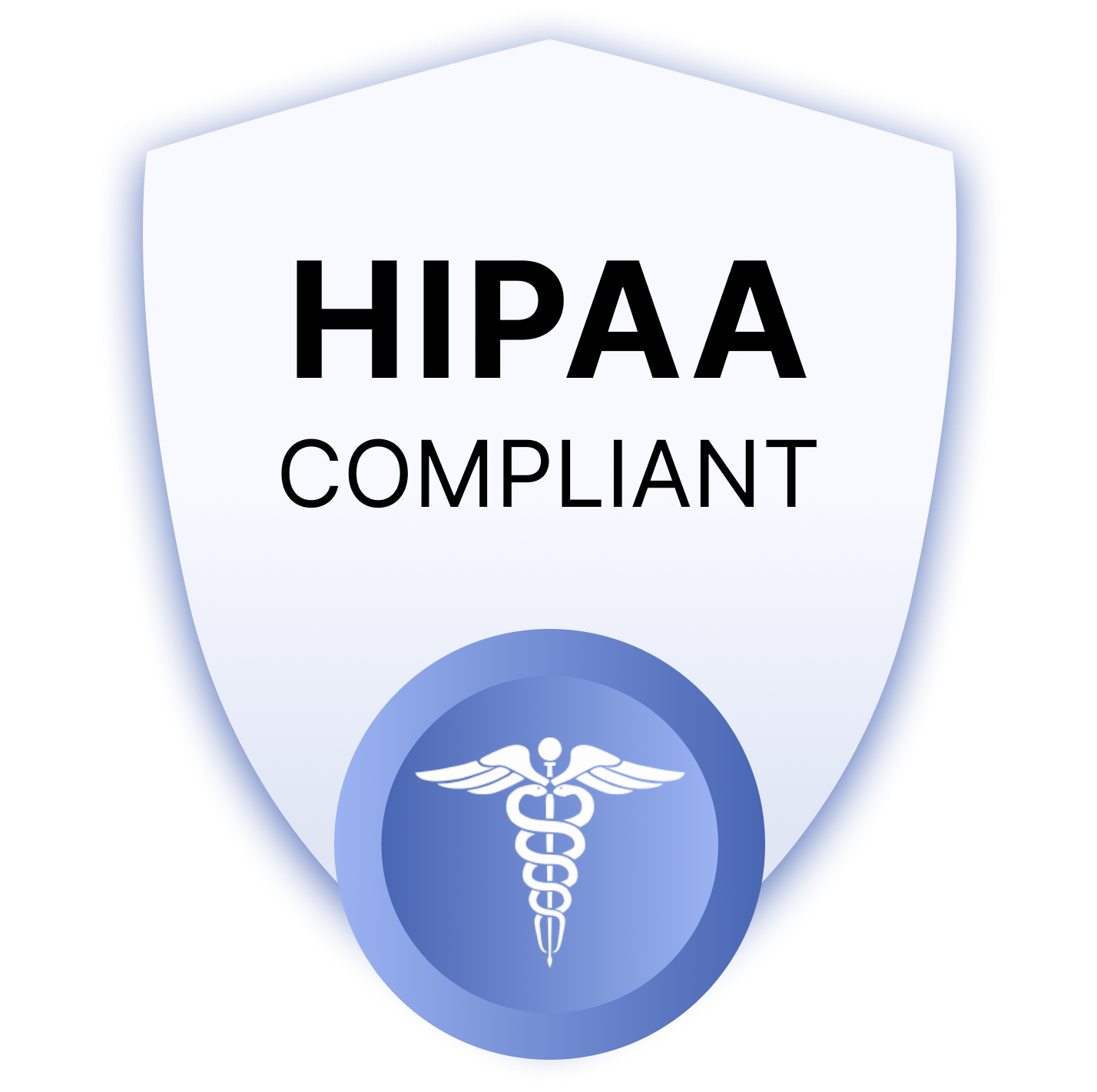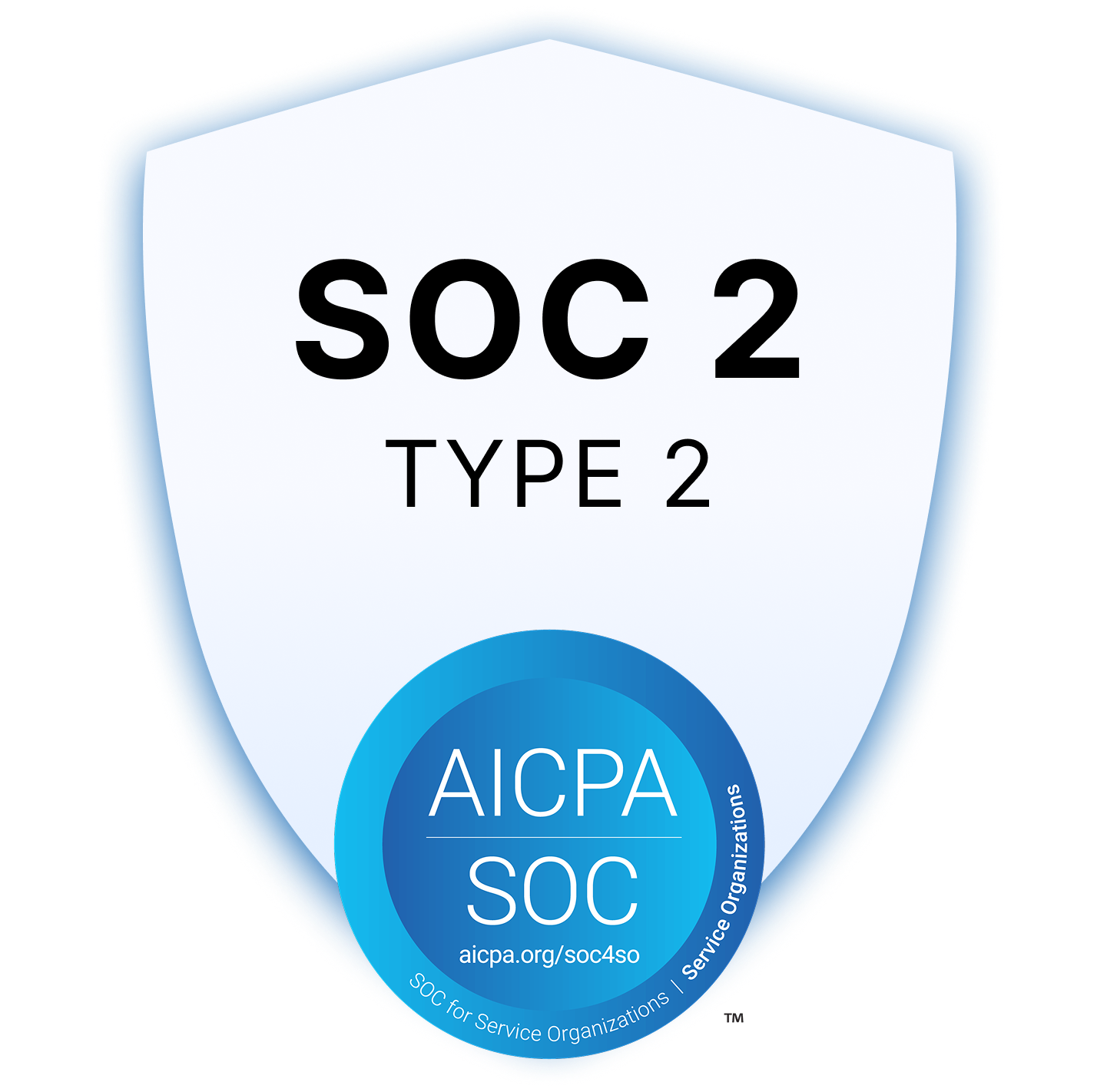
AI in Healthcare
7 min read
AI in Healthcare Administration: Full Guide for 2026
Summary
Your Competitors Are Embracing AI – Are You Falling Behind?
AI in healthcare administration is rapidly changing how hospitals and clinics operate by streamlining routine tasks and improving efficiency.
By automating processes like appointment scheduling, billing, and record-keeping, AI helps medical staff focus more on patient care and less on paperwork.
Hospitals and health systems are also using AI in healthcare to support better decision-making and enhance team collaboration.
In this article, you can learn how AI is being applied in healthcare administration, the benefits it provides, and what the future could hold for this evolving field.
AI in Healthcare Administration: TL;DR
- AI automates administrative tasks such as billing, coding, and insurance claims, reducing manual effort and errors.
- Healthcare organizations use AI to manage patient records, streamline workflows, and improve data accuracy.
- Predictive analytics powered by AI supports better resource allocation and cost control.
- Leadership is essential for integrating AI effectively and ensuring the transformation aligns with organizational goals.
7 AI Applications in Healthcare Administration
Various healthcare administrative tasks can be automated by AI, bringing numerous benefits. Here are seven examples of AI applications in healthcare administration.
1. Patient Chart Management
AI tools can automatically organize and update electronic health records (EHRs).
This automation of health records reduces the need for manual data entry, minimizes human errors, and speeds up access to comprehensive patient histories.
2. Nurse Scheduling
AI systems analyze historical staffing data, shift patterns, and staff availability to suggest optimal nurse schedules.
This optimization helps ensure better shift coverage, reduces scheduling conflicts, and can lower staff fatigue and burnout.
3. Claims Processing
Automated AI solutions can review, validate, and process insurance claims more efficiently.
Reducing manual review time minimizes administrative burdens and leads to faster claim approvals for providers and patients.
4. Data Analysis and Reporting
AI can extract insights and patterns from large volumes of administrative data.
This analysis enables healthcare managers to identify inefficiencies, forecast resource needs, and meet reporting and compliance requirements more effectively.
5. Recordkeeping and Documentation
Generative AI applications in healthcare administration can transcribe clinical notes in real time and automatically populate forms.
This automation reduces repetitive paperwork, improves documentation accuracy, and frees clinicians to conduct more patient-focused tasks.
6. Patient Appointment Scheduling
AI algorithms can analyze patient flow trends and clinician availability to suggest optimal appointment slots.
Automated scheduling systems also send timely reminders, helping reduce no-shows and improving care continuity.
7. Administrative Virtual Assistants
AI-powered chatbots can answer common administrative questions, such as billing inquiries or instructions for required paperwork.
Using chatbots improves patient engagement, ensures 24/7 support, and allows staff to focus on complex or urgent matters.
Benefits of Using Artificial Intelligence in Medical Administration
The advantages of using AI in health administration are manifold, benefiting administrative staff, healthcare professionals, and patients. Here are some of these benefits.
Increased Efficiency in Administrative Tasks
AI can automate routine administrative processes such as scheduling, billing, and claims management.
By offloading these time-consuming tasks to intelligent systems, healthcare staff can focus on higher-level responsibilities like patient care and decision-making.
This significantly reduces their administrative workload and improves overall productivity.
Reduced Human Error
AI systems are designed to handle repetitive data entry and verify critical information with high precision.
By relying on AI for these functions, healthcare organizations can minimize costly and potentially harmful mistakes, especially when it comes to managing patient records or processing insurance claims.
Enhanced accuracy contributes to better compliance and patient safety.
Faster Access to Patient Information
AI-powered tools can rapidly sort, search, and retrieve patient data from large and complex databases.
This ensures clinicians and administrative staff can access the information they need in real time, enhancing decision-making and patient care.
Quick access to data also reduces delays in treatment or billing.
Streamlined Communication
AI supports communication between care teams and patients through automated messaging and alert systems.
These tools can notify staff about critical tasks, send appointment reminders to patients, and flag pending actions.
As a result, there’s less room for miscommunication, missed appointments, or uncoordinated care.
Cost Savings
AI helps identify operational inefficiencies and recommends areas where costs can be reduced.
By automating administrative workflows and reducing reliance on manual labor, healthcare organizations can lower their overall operational expenses.
The economic impact of AI in healthcare can be extremely beneficial, as these savings can be reinvested into patient services or technology upgrades.
Improved Data Analysis
AI excels at analyzing large volumes of administrative and clinical data to uncover patterns, trends, and actionable insights.
This empowers healthcare leaders to make data-driven decisions, improve forecasting, and better manage resources.
AI-driven analytics also support regulatory reporting and long-term planning.
Best AI Implementation Practices For Healthcare Administration
Using AI in healthcare administration means utilizing best implementation practices to ensure efficiency, safety, and compliance and maximize its benefits. Here are some of the best implementation practices organizations should be using.
1. Map Specific AI Applications to Organizational Needs
Healthcare organizations can significantly benefit from clearly defining the challenges they aim to solve with AI.
By identifying specific use cases—such as scheduling, claims processing, or patient communications—teams can better select the most appropriate tools for their needs.
This helps avoid unnecessary complexity and ensures AI implementation is targeted, efficient, and effective.
2. Ensure Data Quality and Secure IT Infrastructure
Accurate, up-to-date data is crucial for the effective functioning of AI systems.
Healthcare organizations must implement robust validation processes, perform routine data audits, and maintain strong cybersecurity measures.
This ensures the data used for AI remains reliable, secure, and compliant with privacy regulations, such as HIPAA.
3. Recognize AI's Limitations and Support Human Oversight
While AI tools can enhance administrative tasks, they should complement, not fully replace, human decision-making.
It’s essential for healthcare teams to maintain clear protocols for manual overrides in case of AI system errors or limitations.
Organizations can reduce the risk of mistakes or oversights by ensuring that human experts handle sensitive cases appropriately.
4. Promote Ethical and Transparent Use of Algorithms
Healthcare administrators must assess and document how AI algorithms function, ensuring they promote fairness, transparency, and accountability.
Regular reviews of AI systems should be conducted to identify any unintended biases, discriminatory patterns, or ethical concerns that may arise.
By focusing on ethical AI, organizations can build trust with patients, providers, and regulatory bodies.
5. Invest in Staff Training and Change Management
Ongoing training and development are crucial for preparing staff to use AI tools effectively.
Training should be continuous to ensure healthcare teams are adaptable as AI technologies evolve.
Effective change management strategies will help staff embrace new workflows and maximize the benefits of AI in their daily operations.
Will AI Replace Medical Administrative Assistants?
AI is steadily becoming an important tool in healthcare administration. However, it’s not positioned to fully replace medical administrative assistants.
Current AI systems handle repetitive tasks such as data entry, appointment scheduling, and billing. This allows human staff to focus on areas requiring personal judgment and interpersonal skills.
AI can streamline workflows and reduce routine workload. Yet, tasks that require empathy, complex problem-solving, or nuanced communication remain the domain of humans.
According to industry sources, AI may save administrators up to 47% of their time by assisting with routine duties. Still, administrative staff are needed for oversight, exceptions, and high-touch interactions with patients and clinicians.
AI should be viewed as an assistant rather than a substitute for medical administrative assistants.
Its role is to enhance efficiency, not to eliminate the human element that’s essential in healthcare settings.
Discover the Potential of AI in Healthcare Administration With Keragon
Healthcare administrators are frequently challenged by time-consuming manual processes.
Keragon’s AI-powered tools can automate administrative tasks, saving valuable time for both staff and management.
Key benefits include:
- Workflow automation to minimize paperwork and reduce errors
- Faster patient intake and appointment scheduling
- Improved accuracy of billing and claims management
A major advantage is the reduction in administrative workload.
With AI handling repetitive data entry and recordkeeping, staff can concentrate on patient-focused duties.
AI-driven analytics can guide decision-making with actionable insights into operations, costs, and patient volume trends. This allows administrators to make data-supported adjustments quickly.
By focusing on operational efficiency, Keragon enables healthcare teams to shift attention away from paperwork and toward improving patient care.
Final Thoughts on AI in Healthcare Administration
AI is transforming healthcare administration by automating routine tasks like scheduling, billing, and record-keeping, allowing medical staff to focus more on patient care.
By reducing manual effort, AI improves efficiency, reduces errors, and accelerates decision-making, ultimately enhancing the overall healthcare experience.
Key applications of this technology include using AI in healthcare claims processing, patient chart management, nurse scheduling, and administrative virtual assistants, all of which streamline operations and reduce administrative burdens.
However, while AI can support many tasks, it’s not a replacement for human judgment, especially in areas requiring empathy or complex problem-solving.
Unlock 300+ integrations with no hidden fees, bespoke rewards, and dedicated support
Related Articles















